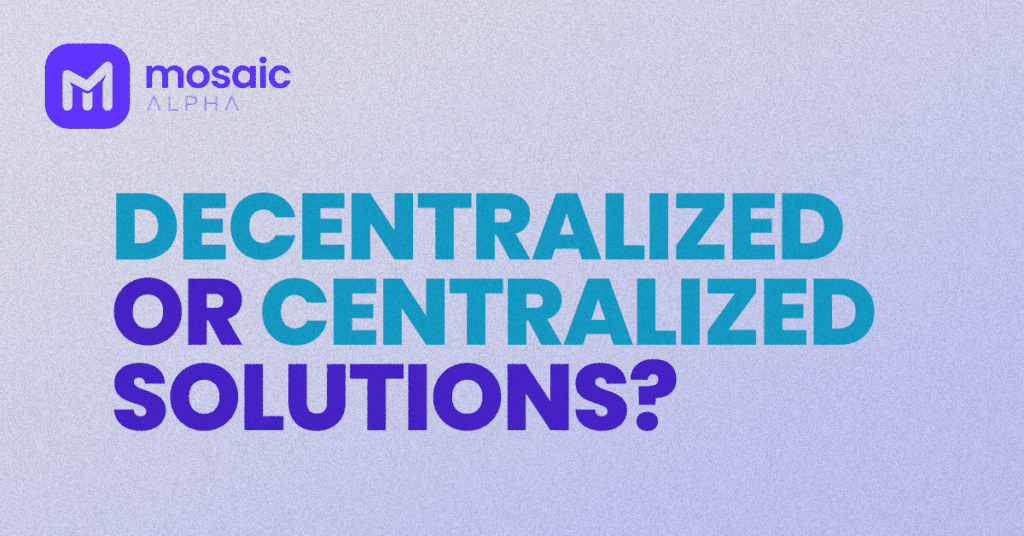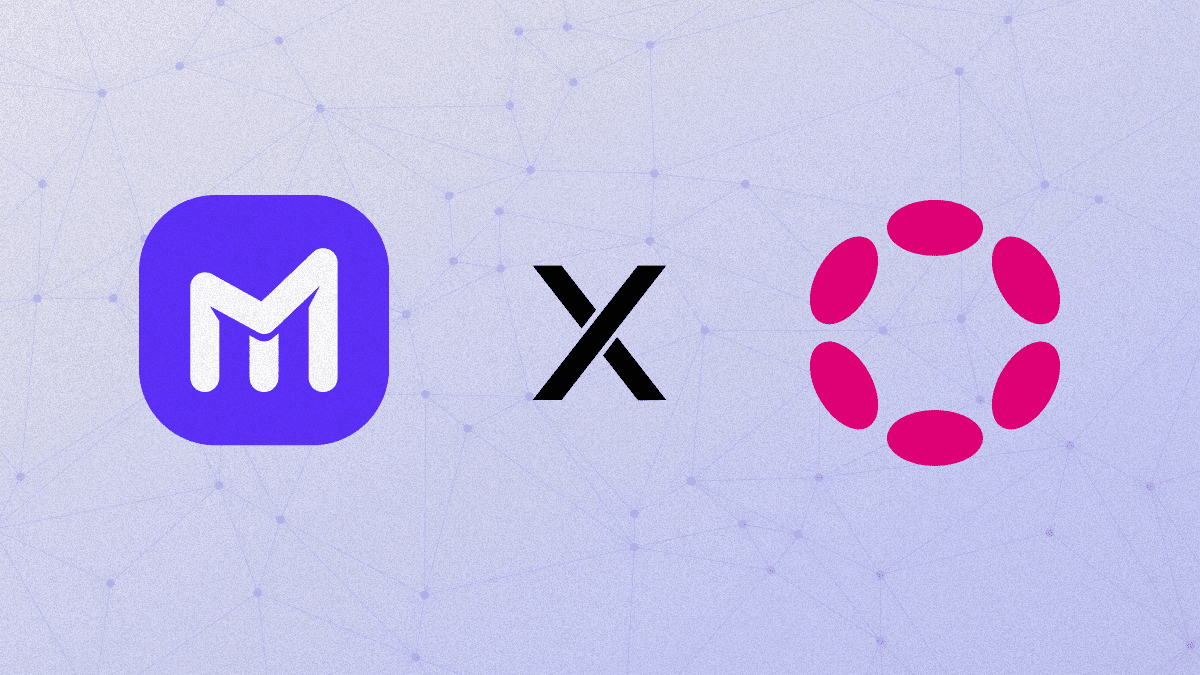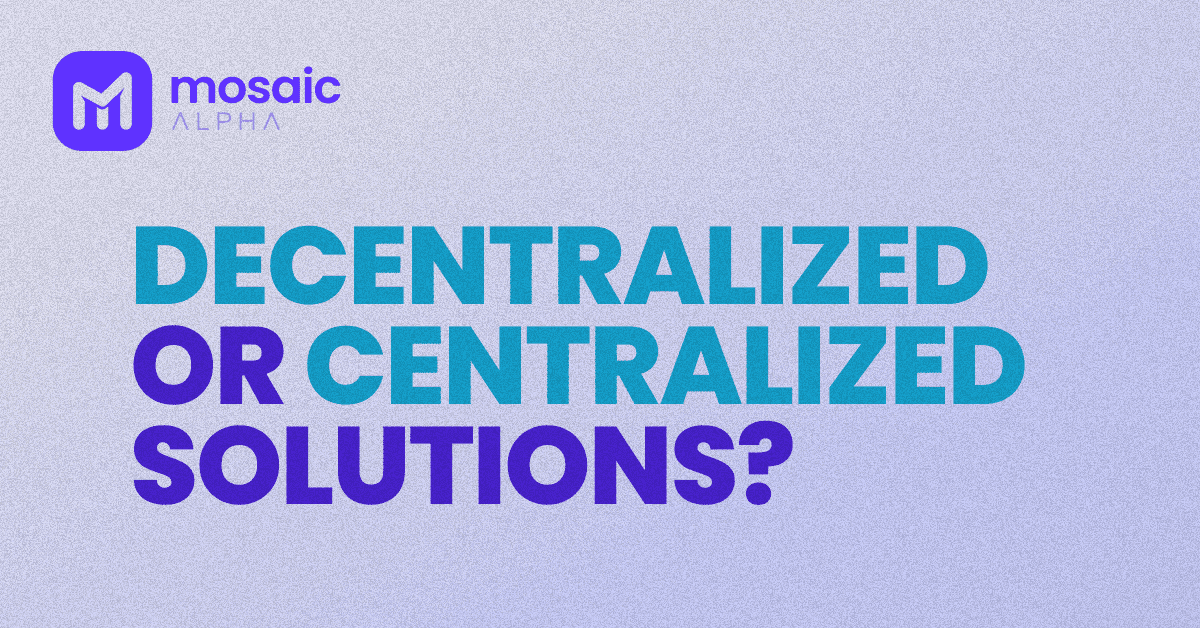The choice between centralized and decentralized systems was the subject of much debate even before the advent of cryptocurrencies and blockchain. Both centralized and decentralized systems have their own advantages and disadvantages, and either of them can be a good choice depending on the specific situation.
In centralized systems, a central unit or person is responsible for the operation of the system or the organization. The decisions and the liability also belong to this central body. So in general, the benefits of centralized systems are the more efficient and faster decision-making and clearer goals. But there are risks as well, which is the lack of community representation and a possible unethical conduct shown by the central unit. In centralized systems, the accounts are under the central control of the operator, which means that the accounts can be seized, blocked and may become the target of cyber-attacks.
In decentralized systems, the decisions and processes are determined by the community. Such organizations operate according to a system that allows everyone to be involved in decisions and thus less influence from the individual. In contrast to centralization, the disadvantages of this system are slow and cumbersome decision-making and vague and unclear organizational goals. One of the biggest advantages of decentralized platforms is that the control over the user’s account remains with the user and no one else can access it.
Since the emergence of cryptocurrencies represents a decentralization of the financial systems, it is worth examining this dilemma from the perspective of the financial institutions. Take crypto exchanges, for example, which have both centralized (CEX) and decentralized (DEX) versions. With CEXs, users do not directly own their crypto assets, their wallets are managed by the platform and its developers. Thus, the users’ assets are at the mercy of the security and goodwill of the exchange system. Such exchanges – like FTX recently – can go bankrupt, losing the wealth of their clients. In contrast, when an exchange operates in a decentralized way, blockchain technology allows investors to have their own wallet on the platform, and it is the blockchain technology, not the exchange, who is responsible for the transactions. This way, investors own their crypto assets themselves, they are not held by others and therefore are not exposed to such risks. Several centralized exchanges have lost their clients’ money, which has prompted crypto users to be more cautious and boosted the popularity of DEXs.
The CEX-DEX issue is also worth looking at from a profit perspective. In the case of CEXs, although there are examples of their operation generating profit for users, it is predominantly the team or company running the exchange that gets rich from transaction costs and operating revenues. However, in the case of DEXs, the community participating in the operation of the DEX also receives a share of the transaction fee revenue, pro rata to their contribution to the operation.









